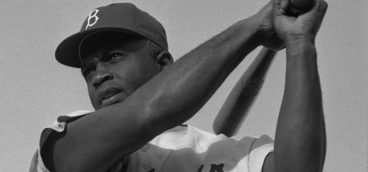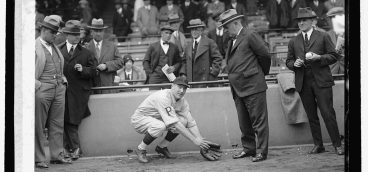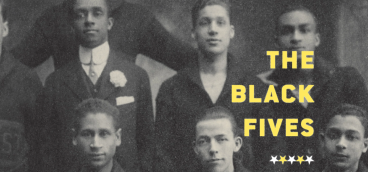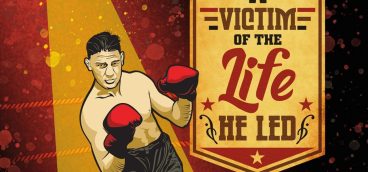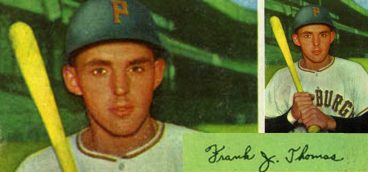Paul Giamatti’s Father, Bart Giamatti

A few weeks ago, the CBS Sunday Morning program featured a lengthy story on actor Paul Giamatti. He had recently won a Golden Globe award for his role in The Holdovers. He was also one of the favorites to win an Academy Award, though he lost to Cillian Murphy for Oppenheimer.
Giamatti started his career playing minor roles as a character actor, but has gone on to play major roles in television and the movies and has been nominated for numerous awards, winning several.
He won a Prime Time Emmy and a Golden Globe, playing the lead role in John Adams. In all, he has won six Golden Globes, most notably for his roles in Sideways and Cinderella Man. He was also nominated for an Academy Award for his supporting role in Cinderella Man.
I was busy working on my computer that Sunday morning, while my wife Anita and my daughter Amy watched the Paul Giamatti episode. When it was over, Amy asked if I knew that Paul Giamatti’s father was in baseball. I was stunned by her question because I suddenly realized that Paul Giamatti’s father was former baseball commissioner A. Bartlett Giamatti.
Distinguished Professor of Comparative Literature at Yale University. Bart Giamatti became the university’s president in 1986. A devoted baseball and avid Red Sox fan, Giamatti, when asked about becoming Yale’s president, replied, “The only thing I wanted to be was president of the American League.”
In addition to his scholarly publications, Bart Giamatti published, during his career, several baseball essays, including the celebrated, “Green Fields of the Mind.” In that essay, Giamatti wrote that baseball is American’s game because it corresponds to our need to believe that “something lasts forever.” Baseball’s green fields and its seasonal play create the impression that the game, in the midst of change and decline, constantly renews itself and lifts our spirit.
Giamatti, however, also wrote that, despite our need to believe that baseball lasts forever, the games and seasons do have a stop, and when they do, they betray what they promise: Baseball “breaks your heart. It’s designed to break your heart.” The game begins in the spring, “when everything begins again,” and blossoms in the summer, but when “the chill rains come” it stops and leaves you to face the fall and winter alone: “You count on it. Rely on it to buffer the passage of time, to keep the memory of sunshine and high skies alive. And then just when the days are all twilight, when you need it the most, it stops.”
For Bart Giamatti, his baseball dream came true. He was so admired for his accomplishments as Yale’s president and his writings on the game, that, in 1986, he was appointed National League president. In 1988, after Peter Ueberroth stepped down, he was elected by all 26 owners as baseball’s commissioner.
While National League president, Giamatti investigated rumors that Pete Rose had gambled on baseball while he was player-manager of the Cincinnati Reds. Baseball’s Rule 21 states that a player who gambles on major league games will be banished from the game forever. When Giamatti received a report with convincing evidence against Rose, he banished him from baseball. Rose, however, denied gambling on games and sued baseball.
Shortly after becoming baseball commissioner, Giamatti worked out an agreement with Rose that Rose would accept his banishment from baseball, if Giamatti would end the formal investigation of Rose’s gambling. Seven days after banishing Rose and only 154 days into his tenure as commissioner, Bart Giamatti, at the age of 51, died of a heart attack.
Over the years, Rose has fought against his banishment, but he still remains banned from baseball. As for Bart Giamatti, many believe that the ordeal and the stress of dealing with Rose led to his fatal heart attack. At the end, baseball did break his heart.



